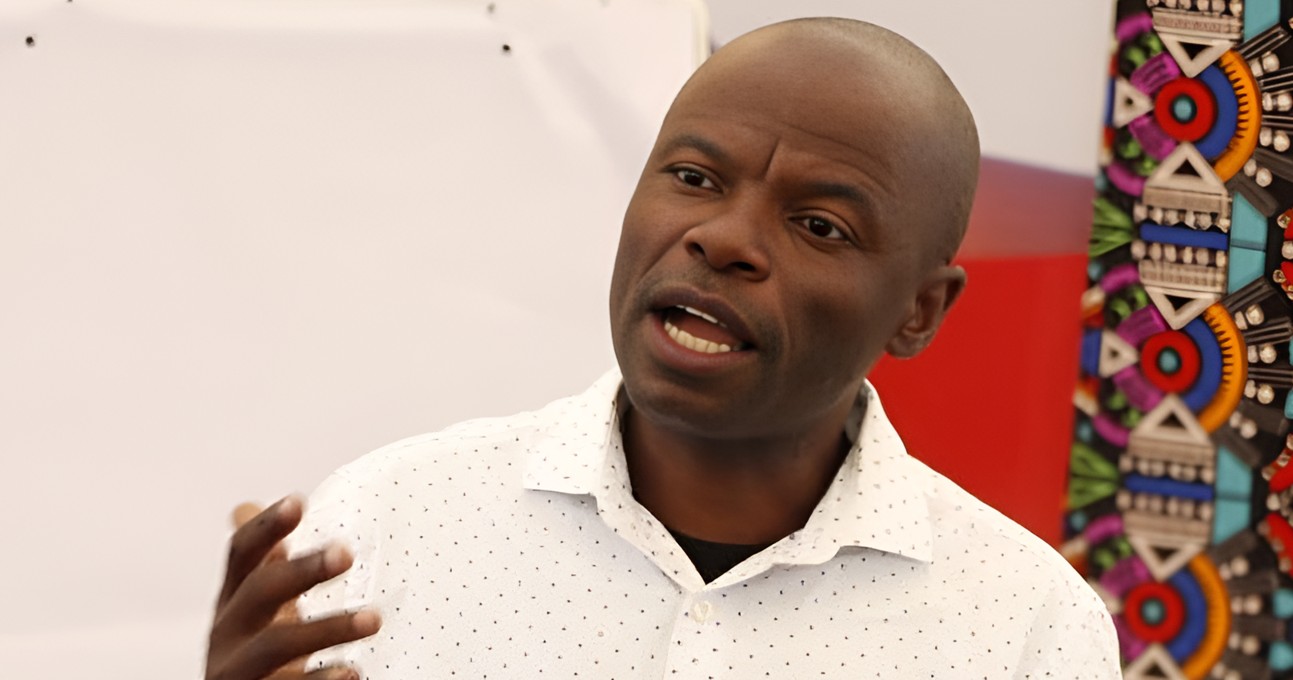A Nakuru activist has petitioned the Independent Electoral and Boundaries Commission (IEBC), urging the commission to publicly demonstrate the security of its election systems, citing growing concerns over spyware and artificial intelligence (AI) threats that could compromise the credibility of upcoming polls.
Laban Omusundi wants IEBC to outline a detailed cybersecurity framework within 60 days to protect electoral technologies, including the Kiems kits.
In his petition, Omusundi called on the commission to openly recognize the risks posed by spyware and AI-driven interference, insisting that the threat model should cover all electoral assets.
“The framework should include asset inventory, secure development lifecycle, penetration testing, independent code review, supply-chain controls, incident response, logging and post-election audits, mapped to the law’s requirements,” he said.
Omusundi further urged IEBC to establish ongoing partnerships with independent international experts who can monitor and verify electoral technologies before, during, and after elections, with the capacity to detect anomalies in real time.
He also called on the commission to ensure transparency and verifiability by sharing system architecture and data-flow summaries publicly.
“The commission should enable observer access to logs under strict privacy controls, release hash-locked software builds and commit to open, independently repeatable verification of results,” Omusundi said, stressing the importance of accountability. He added that IEBC should provide regular public updates following significant security incidents, explaining the measures taken to maintain public trust.
The activist cited a September 2025 report by independent forensic experts that detected commercial spyware, FlexiSPY, on two Kenyan filmmakers’ phones while they were in police custody.
He warned that similar tools could be used to target stakeholders involved in the electoral process.
“There is a risk to democratic integrity if General Elections are conducted amid credible fears of digital interference. The same may erode public trust, weaken governance and endanger national stability,” Omusundi said.
Omusundi reminded IEBC that the Constitution requires an electoral system that is simple, accurate, verifiable, secure, accountable, and transparent, with prompt tabulation and public release of results.
He also recommended independent, internationally verifiable technical oversight, including continuous monitoring and post-election audits.
“The same should not be left solely to insiders but have windows for external experts to inspect and continuously audit code, infrastructure and data flows,” Omusundi added.
He further emphasized that the commission must guarantee election results are free, fair, transparent, and verifiable.
The activist recalled that in July 2025, IEBC had warned politicians against making unsubstantiated claims of vote rigging, following a legislator from Wajir suggesting that presidential votes could be “stolen.”
“This rhetoric climate increases the risk of distrust and underscores the need for credible, technical safeguards and transparent oversight,” Omusundi said. The petition was formally received and stamped by IEBC.
